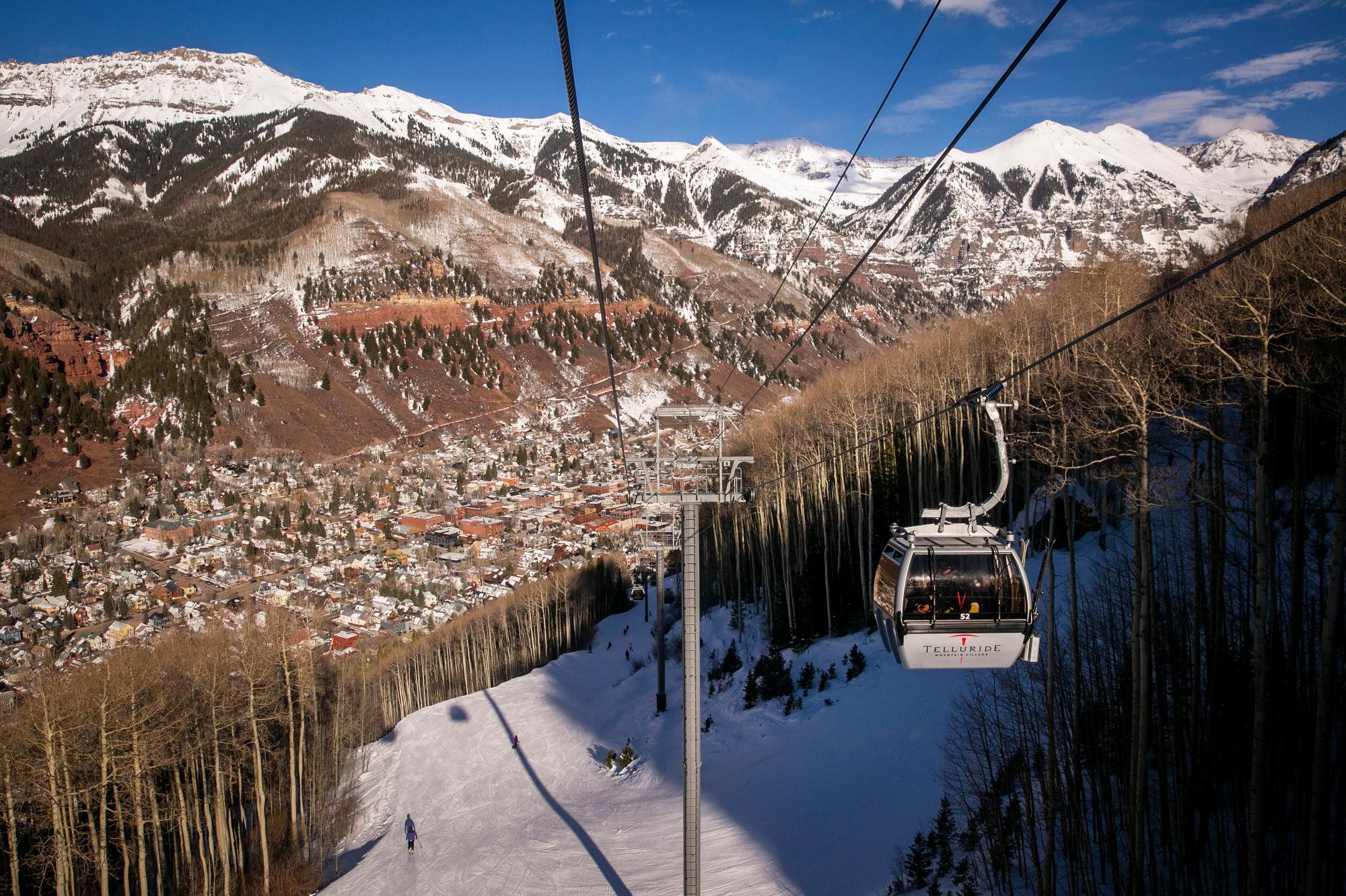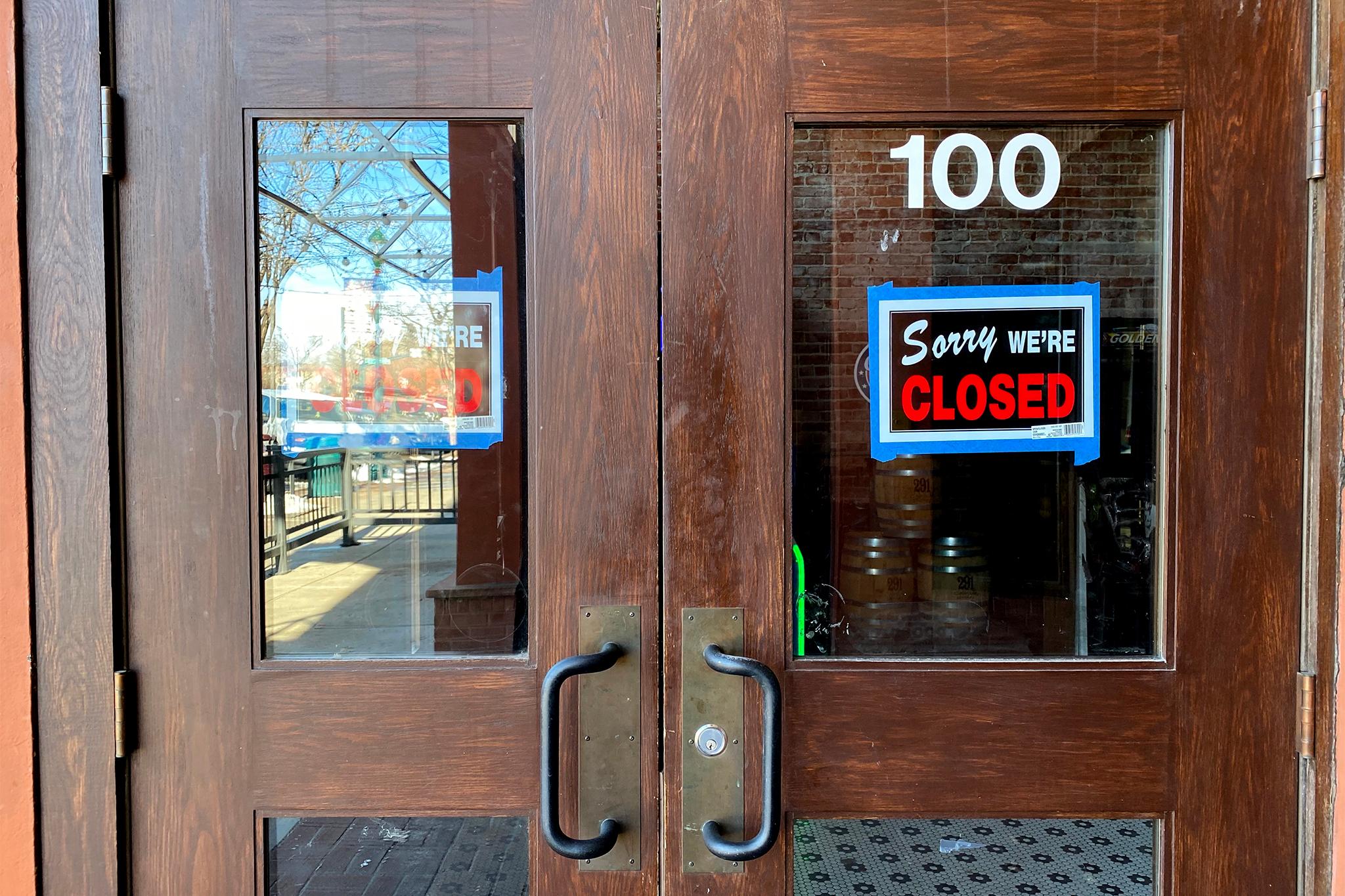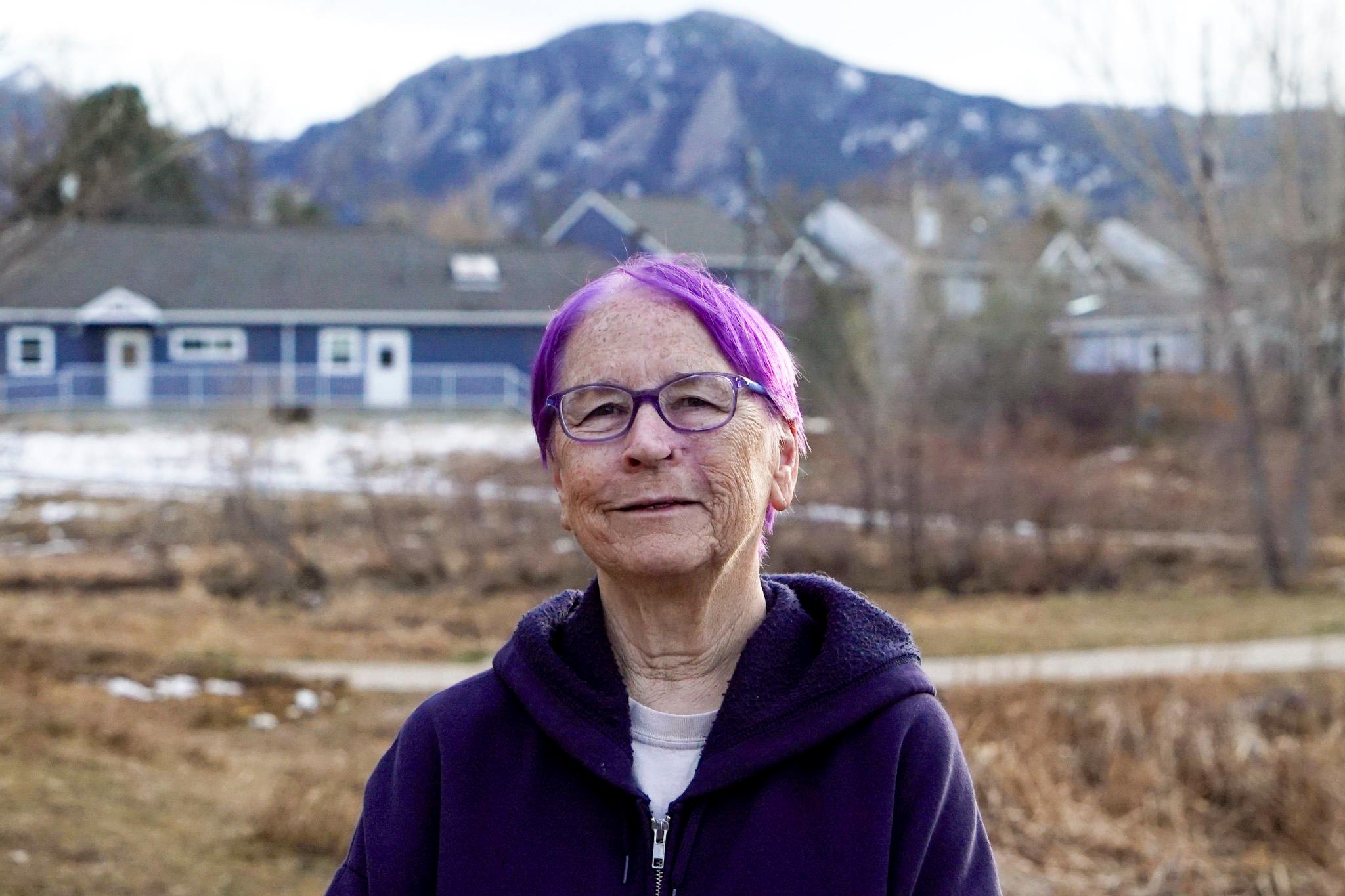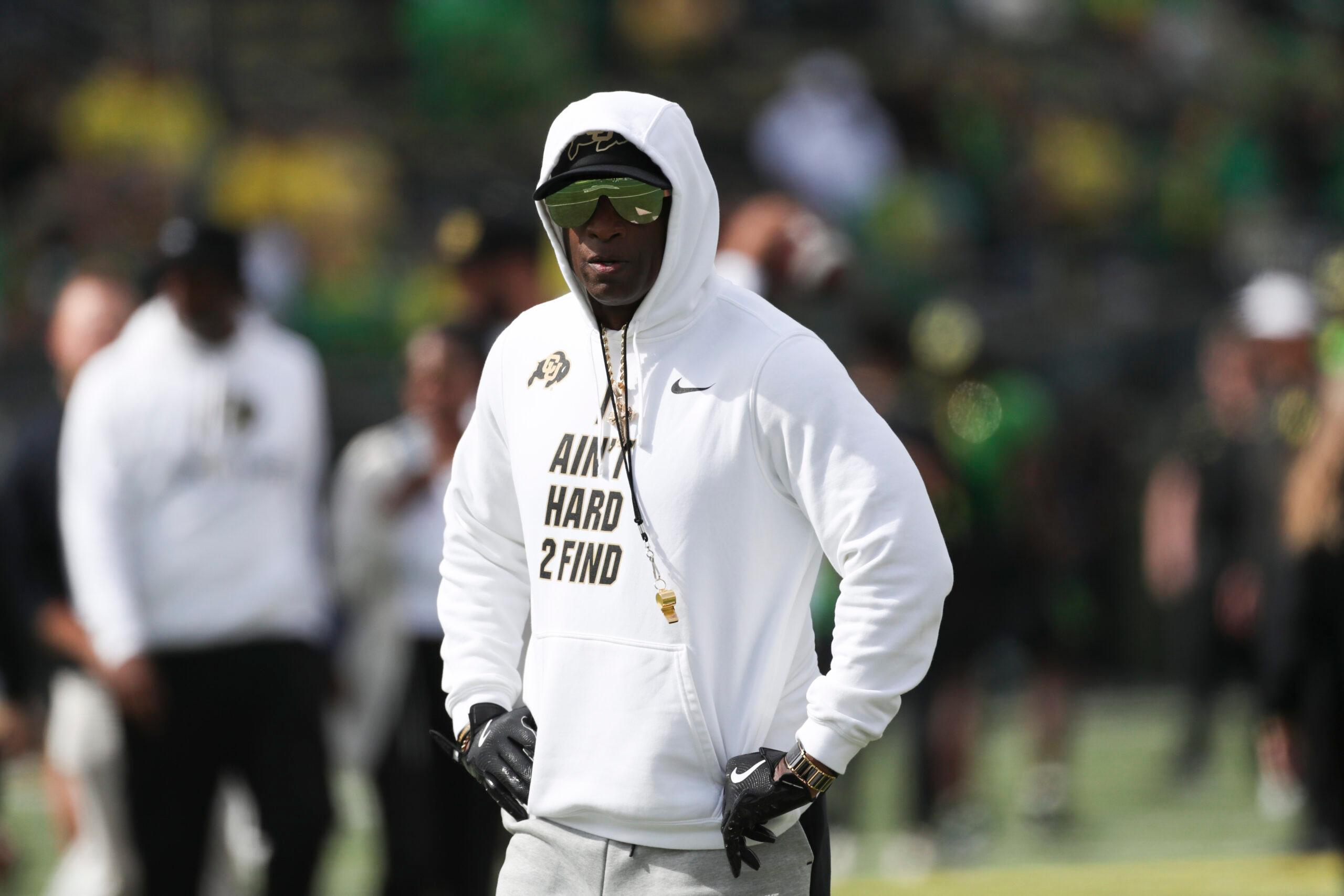Throughout the Iraq war, thousands of Iraqis have worked for the U.S. military as interpreters. These interpreters have been targeted by insurgents, who view them as conspiring with the enemy. At least 360 Iraqi interpreters have died during the war. Nazar Al Taee was an interpreter before being injured in a mortar attack. Three years ago, he and his family became the first Iraqi war refugees to resettle in Colorado. He’s now an American citizen and has enlisted in the U.S. Army. Al Taee joins us as we continue our series Iraq War Stories, marking the end of U.S. combat operations in Iraq. He says he sometimes went with American soldiers into combat, and would help them question suspected insurgents.
Transcript
Colorado Matters
Iraqi War Stories Interview with Nazar Al Taee
November 10, 2010
RYAN WARNER, Host:
From Colorado Public Radio, I’m Ryan Warner and this is Colorado Matters.
Throughout the Iraq War, thousands of Iraqis have worked for the U.S. military as interpreters. These interpreters and their families have been targeted by insurgents who view them as conspiring with the enemy. At least 360 Iraqi interpreters have died during the war.
Nazar Al Taee was an interpreter before being injured in a mortar attack. Three years ago, he and his family became the first Iraq War refugees to resettle in Colorado. He’s now an American citizen and has enlisted in the U.S. Army.
Al Taee joins us today as we continue our series, Iraq War Stories, marking the end of U.S. combat operations in Iraq. As an interpreter, Al Taee says he sometimes went with American soldiers into combat and would help them question suspected insurgents.
NAZAR AL TAEE, U.S. Military Interpreter:
My job is not just interpreting, to read his face, to read his body language. And so I’m interpreter and, at the same time, advisor for the U.S. military.
Warner: Are you armed as an interpreter?
Al Taee: Sometimes. They told me you can keep your pistol with you, just in case, but I prefer just to be unarmed.
Warner: But I imagine you would be wearing a bulletproof vest of some kind.
Al Taee: Yes, sure. Yes, exactly. The protect vest and everything.
Warner: You were eventually injured doing this work?
Al Taee: That’s right.
Warner: What happened?
Al Taee: At 2005 when I was working with the Marines, they asked us to go outside Baghdad especially. If you heard about the Triangle up there, it’s three very danger areas in Baghdad, one of that called Al Yusufiyah, and they asked me to go with the Marines as a part of the big mission to this area, because al-Qaida members, there was a lot of al-Qaida members, was living and surrounding this city.
So we went there and I was at the building with four guys from the Marines and they start shoot as-- by the mortars and one of the mortars I can hear it’s coming and I just laid down and it hit like two or three feet from my legs and there was a lot, like maybe 80, shrapnels coming inside my legs.
Warner: Eighty?
Al Taee: Yes.
Warner: So, I’m picturing you in this very urban landscape in a building of several stories.
Al Taee: That’s right.
Warner: This mortar comes and it’s an overwhelming scene.
Al Taee: Exactly. Maybe I was lucky because the U.S. Marines found me and took me downstairs and just give me the treatment, emergency treatment, and they called the helicopter to pick up me to the Green Zone and there I received the real treatment. Like I went two times to the operation room to take off what they can from the shrapnels from my both legs.
Warner: So this is in the Green Zone, that fortified area of Baghdad.
Al Taee: Exactly. That’s correct.
Warner: Were you conscious at this point?
Al Taee: Yes. Yes.
Warner: Do you remember?
Al Taee: After 10 minutes when I was bleeding the Marines doctor just tried to hit my face just to keep my conscious. I was feel everything.
Warner: What does that feel like? Is it painful or does shock kick in?
Al Taee: It’s painful, but, you know, you are tired. The pictures of my family coming, in front me, I remember my kids, my wife and everything. It’s not easy time, you know, because you are bleeding and same time you feel tired and you are feeling you are going out of this life.
Warner: You thought you were going to die?
Al Taee: Exactly.
Warner: You were losing, I imagine, a tremendous amount of blood.
‘
Al Taee: Exactly, but in same time, I feel good, because I’m doing the right job. I feel myself, when I’m doing this job, I’m trying to claim this area from the bad people. Even if I die, I’m doing something good for my family, for my people, for my kids. This feeling is very important for somebody--
Warner: To believe in what you’re doing.
Al Taee: Exactly.
Warner: Yeah.
Al Taee: That’s exactly what I mean.
Warner: Is there still shrapnel in your leg today?
Al Taee: Yes, maybe five or 10.
Warner: Did it eventually become dangerous to be seen as someone who was working with the U.S. military?
Al Taee: After 2004, yes. Before that at the beginning of the war, it was nice feeling to say and safe to say I am translator, I am interpreter with the U.S. Army.
Warner: But in 2004--?
Al Taee: After 2004 and especially June 2004, I mean, when the bad people came from outside Iraq, I mean, al-Qaida member, maybe, or Baath Party member, something like that, they start working against anybody work with U.S. military, like contractors, interpreters, translators, everybody.
Warner: What did that mean for your family?
Al Taee: For my family, it scared me to when I am leaving my home to go to my job with the U.S. military, to leave them alone, especially when I am thinking that somebody know I am interpreter with the U.S. Army. So, you know--
Warner: Because that could make them vulnerable.
Al Taee: Exactly, yes.
Warner: Were they ever threatened?
Al Taee: Yes. When they send me to the Jordan after I’m injured and I spent like two months in the hospital in Jordan--
Warner: Is this is Amman?
Al Taee: Yes, Amman, Jordan. So I keep contact with my wife and one time she told me, we received a threatening letter. They put that under the door, outside door. And in this letter they are talking about me. Like, example, we know your husband he was working interpreter and with the U.S. Army and he injured and he’s in Jordan now receiving a treatment.
Warner: They knew all the details.
Al Taee: All the details and after that in the end of the letter, they ask her just to tell me to quit from my job and if I don’t, they will do something bad for my family like kidnap one of my kids.
Warner: You have three children.
Al Taee: I have three children.
Warner: That must have been heavy news to receive.
Al Taee: Oh, my God, yeah. It was heavy. So during this conversation between me and my wife, I asked her just to leave the house, just lock the house, leave everything, take my kids and go to my mother’s house and just stay there. And to ask my friends just to arrange everything, the passports, everything, to come to me, to the Jordan.
Warner: You’re listening to Colorado Matters. I’m Ryan Warner and as part of our series, Iraq War Stories, marking an end to U.S. combat operations in Iraq, we’re talking with Coloradans who have a real stake in that country. And with us is Nazar Al Taee. He worked as a translator for the U.S. military and eventually got refugee status to come to the United States. He and his family were the first refugees from the Iraq War to come to Colorado.
So when did the idea of coming to the United States enter the picture?
Al Taee: Actually, when I’m done with my treat in Jordan--?
Warner: How many-- did you have more operations in Jordan?
Al Taee: Yes, like two or three, yes.
Warner: So at this point, you’ve already had four or five operations.
Al Taee: Four or five or maybe six. I’m not sure.
Warner: You lose count, I guess.
Al Taee: Oh my God, yeah.
Warner: Oh my word.
Al Taee: So somebody from U.S. embassy visit me, the consul of U.S. embassy in Jordan visit me and told me you get opportunity to come to the United States. Do you like to do that?
I told him, of course, yeah, especially my family. So it’s by a chance. It’s happened by a chance. I don’t have any idea to come here.
Warner: But you didn’t hesitate when the offer was made? In other words, you were sure you wanted to come to the U.S.?
Al Taee: Of course. Yeah.
Warner: Why “of course?”
Al Taee: Because it’s, you know, about the safety for my kids, about the safety for my family. About myself, I don’t care. I will stay on my job with the U.S. military, but I can’t take them with me to the military base.
Warner: Had you heard of Colorado?
Al Taee: No. When they told me, we will start your progress to come to the United States, I don’t know which state I will come. So before two weeks, they gave me the letter that show me I will come to the United States and airline ticket, everything, and the name of the state, Colorado.
I don’t know anything about Colorado, so I went back home and check online what kind of state that. And I found it’s a beautiful state. So maybe I’m lucky to be here. So it’s by chance.
Warner: You’re living in Denver?
Al Taee: In Denver, exactly.
Warner: Your kids are in school here?
Al Taee: That’s right, in Cherry Creek Schools.
Warner: And you are today, along with your family, citizens?
Al Taee: Me and my kids. I’m working for my wife now.
Warner: Okay.
Al Taee: Yes.
Warner: And you have enlisted in the Army?
Al Taee: That’s correct.
Warner: As a specialist.
Al Taee: As specialist, yes, and interpreter.
Warner: Why did you do that?
Al Taee: Because I like my job. I like my job as interpreter, especially, I get in the same time a long experience as military member, officer, in all the Iraqi army for 10 years as a major and lieutenant colonel, you know, in the Iraqi army.
Warner: You were in the army under Saddam Hussein?
Al Taee: That’s correct, a Russian language teacher.
Warner: So doesn’t this mean, with your language abilities, there’s a chance you could go to Iraq? Is that possible?
Al Taee: Yes. I am waiting-- actually, I am waiting my order to go overseas with the U.S. Army.
Warner: Do you want to be in Iraq?
Al Taee: I love to be there.
Warner: Why?
Al Taee: Because it’s my job. It’s my job. I like to serve this country, the United States of America, who give me the opportunity to make my family safe and in same time, good opportunity to help the poor people there.
Warner: How does your wife feel about this? I mean, I’m imagining her thinking, “Nazar, we get away from Iraq. We’re safe and you want to go back?” What does she think?
Al Taee: You know, I discuss that with her. And she feel great about that. You know, the most important, when my kids going to the school, she don’t be worry about the safety or something like that, because we are here in the United States.
Warner: But is she okay with you going back to Iraq?
Al Taee: Yeah, there is no problem and I will keep contacts with them and-- with her, I’m sorry, and I got a lot of friends here, so if she need anything, she will ask them.
Warner: Do you imagine staying in the United States for the rest of your life?
Al Taee: Of course.
Warner: Of course?
Al Taee: Yes.
Warner: No doubt?
Al Taee: No. Maybe-- maybe if I get a chance, as a civilian, I will go back just to Baghdad to see my big part of my family and my friends. That’s the reason, but I can’t imagine myself to live again in Baghdad, especially for my kids, because they refuse any idea just to go outside the United States, especially my daughter. She is telling me, I like my school. I can’t leave my school. I need to be done with my school here and high school and college.
Warner: So you’re here for a while?
Al Taee: Oh, yeah.
Warner: Yeah. When you heard that U.S. combat operations had officially come to an end in Iraq, what were your impressions?
Al Taee: You know, I feel happy and I feel sad in same time. Because I’m worried about the people who are living now in this country, in Iraq. There is a lot bad people still there and maybe if the U.S. troop withdraw from Iraq, I don’t know exactly what will going on, because there is a lot of parties there in this country working for themselves, not for the Iraqi people.
Warner: And you said you’re also happy.
Al Taee: I’m also happy because our guys, I mean the U.S. military, will be back home to see the families. So that make me happy, but in same time, I’m worry about the people who are living there in Iraq.
Warner: I mean, you really see it from both sides, especially having enlisted now in the U.S. military.
Al Taee: Yes.
Warner: But still being someone from Iraq.
Al Taee: Yeah, sure. Yeah, I’m still worried about that people there, who is living there.
Warner: Nazar, thank you so much. Specialist Al Taee, thank you for being with us.
Al Taee: Thank you so much. Thank you.
Warner: Nazar Al Taee worked as an interpreter for the U.S. military in Iraq. He has since relocated to Denver and is, once again, working for the U.S. military. He joins us as part of our series, Iraq War Stories, marking the end of U.S. combat operations in Iraq.
Next week, a Denver doctor who’s developing a new and, he hopes, improved prosthetic for amputees. Dr. Ronald Hugate deployed to Iraq in 2003 and worked at a combat surgical hospital in Baghdad. Hugate says he was motivated by the soldiers there who’d lost limbs in combat.
DR. RONALD HUGATE, Orthopedic Surgeon:
Here is a group of young, previously athletic, seemingly immortal men and women who have a devastating injury and then are limited by the technology that we can offer them today in terms of their lifestyles.
Warner: Dr. Hugate hopes his new prosthetic can one day help returning soldiers and others who have lost limbs. The idea is to connect the device to the patient directly by implanting it into the bone. That’s next Wednesday in our series, Iraq War Stories.









